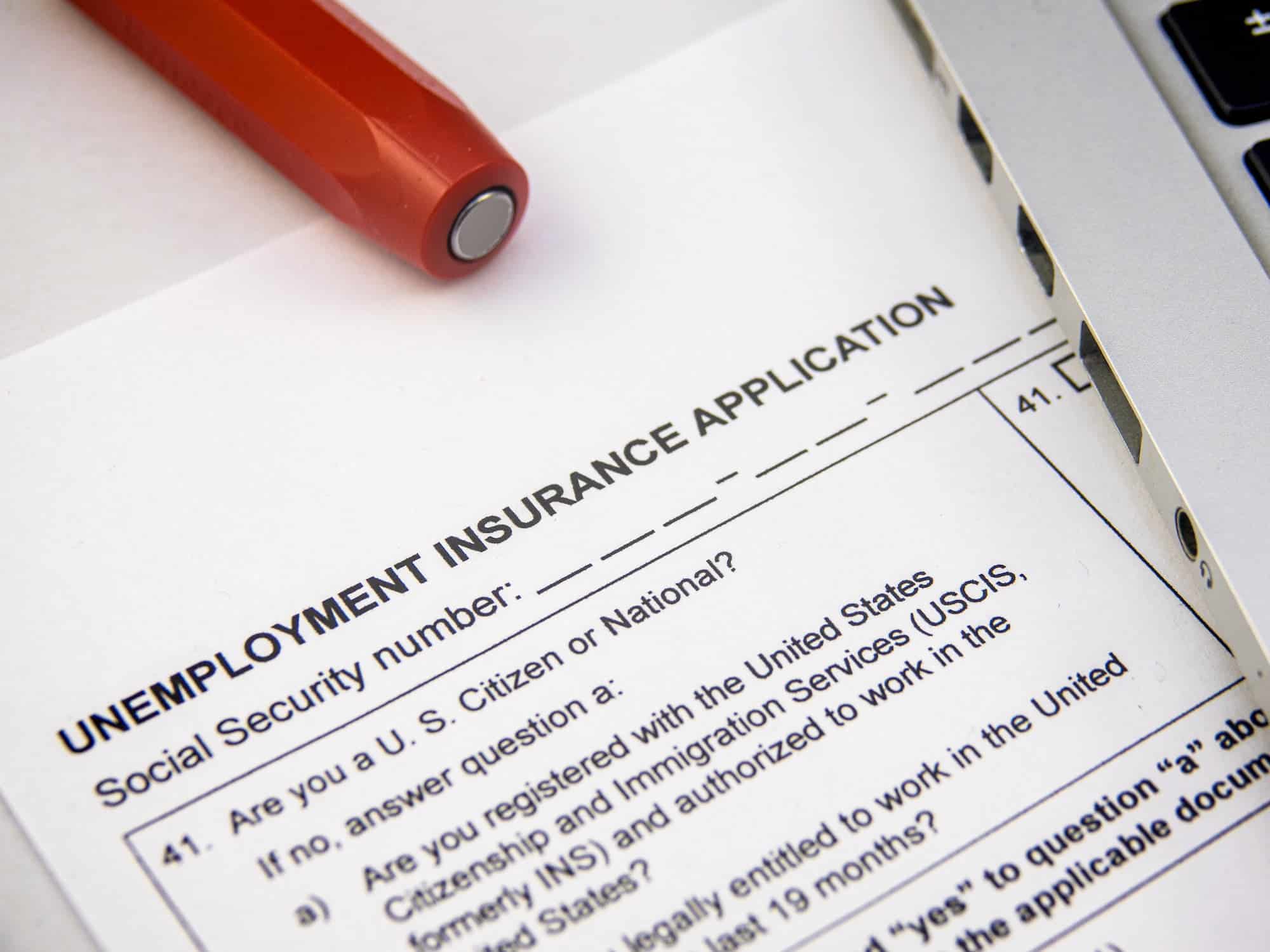
New Year, New Laws 2025: What You Need to Know
Free ConsultationCalifornia’s laws are changing—again. Starting January 1, 2025, new rules will impact everything from minimum wage and vehicle insurance to workers’ rights. This guide breaks down the laws that matter most, giving you the essentials to stay compliant, informed, and ready for the New Year.
Minimum Wage Increase to $16.50
Beginning January 1, 2025, California’s minimum wage will increase to $16.50 per hour, applying to all employers regardless of their size or industry. Some cities and counties in California have higher minimum wage requirements.
This increase represents a crucial shift for both workers and employers. For employees earning minimum wage, this boost can make a meaningful difference in daily expenses, supporting low-income families and reducing financial strain. It’s a step forward for workers trying to stay afloat in one of the most expensive states in the country.
For employers, however, this means preparing for higher payroll costs, especially for small businesses that rely on lower-wage workers. While the increase brings new challenges, it’s also an opportunity to create a more sustainable workforce. Small business owners can plan ahead by revisiting budgets, analyzing operational expenses, and finding ways to absorb these additional payroll costs. Employers might consider strategies to improve efficiency and productivity, helping to offset the impact of the wage increase.
SB-1107: Increased Minimum Vehicle Liability Insurance Coverage
Starting January 1, 2025, Senate Bill 1107 raises the minimum vehicle liability insurance requirements across California, impacting private passenger cars, commercial vehicles, and recreational vehicles. This law is designed to offer better financial protection in case of an accident, ensuring drivers and their insurers cover more of the potential damages and injuries.
Key Changes in Minimum Coverage
Under SB-1107, the new minimum liability limits will double the 2024 requirements. Here’s a breakdown of the updated minimums:
Injury to One Person: Minimum coverage increases to $30,000, doubling the previous $15,000 requirement.
Injury or Death of More Than One Person: Coverage now requires $60,000 as the minimum, up from the previous $30,000 limit.
Property Damage: The new minimum liability for property damage has also doubled to $15,000.
These updated minimums are significant for private drivers, commercial fleet managers, and business owners, as they provide a more substantial financial safety net for accident victims. The increased coverage helps ensure accident-related costs are covered, reducing out-of-pocket expenses for victims and enhancing the overall protection provided by liability insurance.
Impact on Californians
With higher minimum liability requirements, Californians should prepare for changes in their insurance policies:
Insurance Premiums: These higher liability minimums will likely lead to increased insurance premiums. While the exact increase varies based on the driver, vehicle, and insurance provider, the rise in coverage minimums reflects an enhanced level of protection. This means drivers will carry policies capable of covering a greater share of damages, potentially lowering the financial risk of significant out-of-pocket expenses.
Implications for Fleet Managers and Business Owners: Business owners managing vehicle fleets will also feel the impact of these changes. Ensuring each vehicle meets the new minimum requirements may increase operational costs, but it provides better protection against the costs associated with accidents and potential liability claims. Compliance with these new insurance standards is crucial for staying on the right side of California law.
AB 2499: Expanded Employee Rights for Jury Duty, Court, and Victim-Related Time Off
With the signing of Assembly Bill (AB) 2499 on September 29, 2024, California has expanded employee rights for taking time off for jury duty, court appearances, and victim-related activities. This law broadens protections for employees needing time off for personal or family-related legal responsibilities, reinforcing anti-retaliation measures and adding clarity around employee rights.
Expanded Protections
AB 2499 builds on existing protections, allowing employees to take time off without fear of retaliation when participating in jury duty, appearing in court, or supporting a family member who is a victim of certain crimes. Under the new law, “victim” is more broadly defined to include individuals affected by qualifying acts of violence such as domestic violence, sexual assault, stalking, or threats of bodily harm.
The law also permits employees to use their accrued vacation, paid sick leave, or personal leave for these types of time off. This flexibility provides employees with additional financial security, enabling them to manage these legal obligations without having to sacrifice their regular income.
Employer Requirements
Employers must provide written notice of these rights to all employees upon hiring, annually, and upon request. In addition, if an employer becomes aware that an employee or their family member is a victim, they must remind the employee of these rights.
AB 2123: Changes to Paid Family Leave (PFL) Usage
California’s Paid Family Leave (PFL) program, established to provide partial wage replacement for employees caring for a new child or seriously ill family member, has seen numerous updates over the years aimed at making leave more accessible. In 2025, Assembly Bill 2123 introduces a key change: employers can no longer require employees to use up their accrued vacation time before accessing PFL benefits.
This change gives employees greater control over their leave, allowing them to use PFL without depleting their vacation days. For many, this means less financial strain and more flexibility when dealing with family care needs, as they can now retain accrued vacation for other personal time.
For employers, AB 2123 necessitates updates to HR policies to reflect the new rule. Clear communication to employees about these changes will be essential. Employers should review their leave policies, ensuring they align with AB 2123 to remain compliant while supporting employees’ family care responsibilities.
SB 399: California Worker Freedom from Employer Intimidation Act
The California Worker Freedom from Employer Intimidation Act, enacted under Senate Bill 399, aims to protect employees from being compelled to attend employer-sponsored meetings where political or religious views are discussed. This law addresses the growing concerns around workplace pressure and aims to safeguard employee rights, especially during union organizing efforts.
Under SB 399, employers can no longer require workers to attend meetings intended to convey the employer’s stance on political or religious matters. This restriction empowers employees to make personal decisions without workplace influence on sensitive beliefs or opinions.
SB 988: Freelance Worker Protection Act
Designed to establish fairer terms and clearer expectations, this law ensures that freelancers are legally supported and compensated for their work. For many freelancers operating as one-person businesses, SB 988 sets a baseline for secure, equitable contracts and a reliable path to payment.
Key Requirements for Contracts
To qualify under the law, a freelance worker must be an individual or entity with no more than one person and must be engaged as a bona fide independent contractor. Importantly, this law does not require a freelancer to have a formal corporate structure, though they can. Contracts with these freelancers must meet the following criteria:
Minimum contract amount: $250 or more.
Clearly stated terms for the services provided, payment schedule, and any deadlines.
Significance for Freelancers and Hiring Parties
For freelancers, SB 988 represents a win in the fight for fair working conditions, helping to level the playing field in a gig economy often marked by inconsistency. Having contracts that meet these legal standards means freelancers can more confidently take on work.
For hiring entities, compliance with SB 988 offers the chance to establish good-faith relationships with freelance workers. Businesses should review existing contract templates to ensure they meet the new requirements, including payment terms and work scope.
AB 1870: Workers’ Compensation Rights Awareness
This new law is designed to ensure injured workers know they have the right to seek legal guidance on their workers’ compensation claims and understand that attorney fees are typically covered by the award they receive. By promoting greater awareness, AB 1870 empowers employees to make informed decisions following a workplace injury.
Key Requirements for Employers
AB 1870 requires California employers to include specific information in their workers’ compensation notices, making it clear that:
Injured employees have the right to consult an attorney for advice on their claims.
Attorney fees are usually deducted from the workers' compensation award, meaning injured workers don’t face additional out-of-pocket costs for legal representation.
Impact on Injured Workers
For employees, this law provides critical support, especially during the stressful period following an injury. Knowing that legal guidance is available without up-front costs can make a significant difference, helping injured workers understand their benefits and protecting their rights through each step of the claims process.
Employers should act now to comply with AB 1870 by updating all workers’ compensation notices to include these details. Clear communication about these rights will not only meet legal requirements but will also build trust and transparency in the workplace.
Stay Informed and Protected in 2025
As California ushers in the New Year, these updated laws bring significant changes for workers, employers, freelancers, and drivers alike. From increased minimum wage and expanded workers’ compensation rights to protections for freelance and unionized workers, these updates reflect California’s commitment to fairer and safer standards across the board.
If you have questions about how these laws impact you, don’t navigate it alone. Reach out to PARRIS Law Firm for guidance on staying compliant and ensuring your rights are protected.







